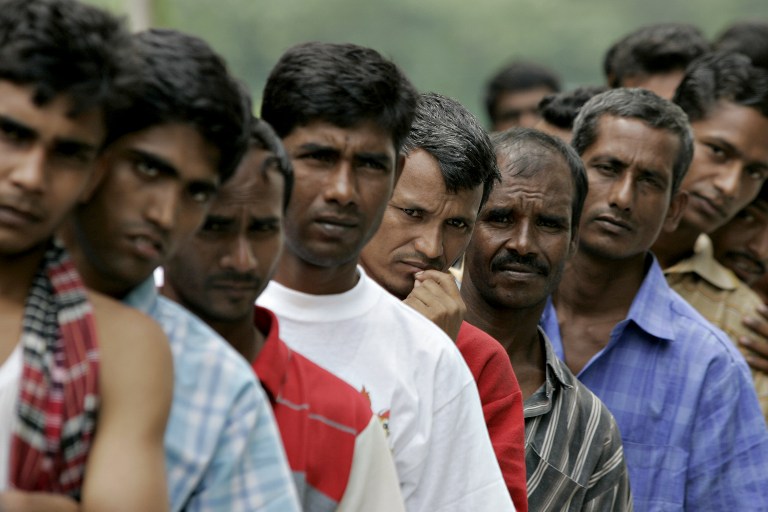A RECENT study conducted by four labour ethics and workers’ rights organisations — Verité, Sheva Consultants, BOMSA and WARBE-DF — has shed light on the challenges faced by migrant workers in Malaysia.
The study titled “Fostering Fee Accountability and Cost Tracking (FFACT)” presented findings that highlight the significant financial burden and exploitation experienced by migrant workers.
According to the study, a staggering 96% of migrant workers heading to Malaysia reported having to take at least one loan to cover recruitment fees, which include expenses for document acquisition, medical examinations, and travel to and from the host country.
Moreover, 82% of these workers had to acquire two or more loans, with 73% spending between 50% to 100% of their monthly salary to repay these recruitment debts.
Wage deception was another prevalent issue identified in the study, with 43% of respondents reporting receiving less pay than initially promised. The financial strain caused by recruitment debts led to significant daily worries for 63% of the surveyed workers.
The study conducted between 2018 and 2023, analysed 357 interviews and ultimately accepted responses from 240 migrant workers in Malaysia. On average, Bangladeshi migrant workers were found to pay approximately Tk5,44,00—an amount equivalent to at least one year’s wages in foreign employment.
Sheva Consultants Limited executive director Samara Khan noted the challenges faced by migrant workers in repaying their loans, often obtained from the informal sector.
“For this reason, there are no reliable data sources. However, our organisation has directly talked with the migrant workers. The workers need wages of at least one year to repay their loans and their interests,” Dhaka Tribune quoted her as saying.
“Companies and brands in Malaysia come under greater scrutiny of new Human Rights Due Diligence legislation and there is an increased demand for accurate, fair, and transparent recruitment cost data.”
Meanwhile, BOMSA general secretary Sheikh Rumana stressed the importance of nationwide awareness campaigns to educate workers about the risks associated with third-party transactions and overpayment.
The supply chain of migrant workers must be kept safe and secure, according to WARBE deputy director Shuhrawardy Hussain.
“If the government again pauses the official recruitment to Malaysia, the cases of human trafficking by sea will increase significantly.”
Furthermore, the study recommended several measures to address these issues including adherence to an employer-pays recruitment model as directed by the International Labour Organisation (ILO) and the Bangladesh Labour Act.
It also suggested active monitoring of the recruitment process by employers and brands, along with promoting transparency in labour supply chains and eliminating recruitment fees.
Efforts to integrate third-party roles into the recruitment process for efficient monitoring and control were also highlighted as crucial steps toward mitigating exploitation of migrant workers. – May 10, 2024









